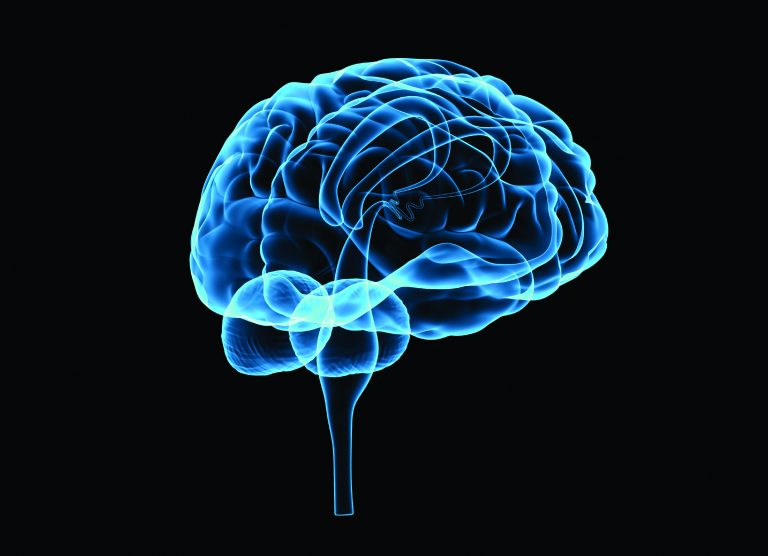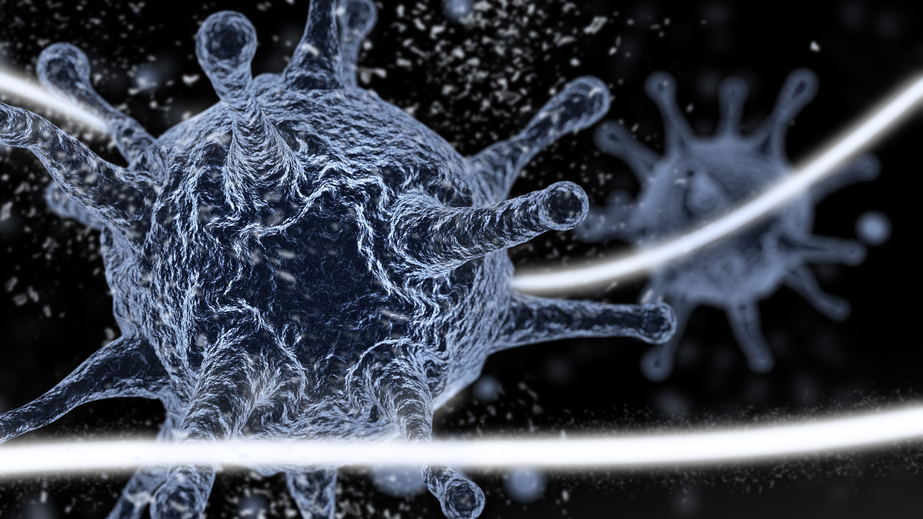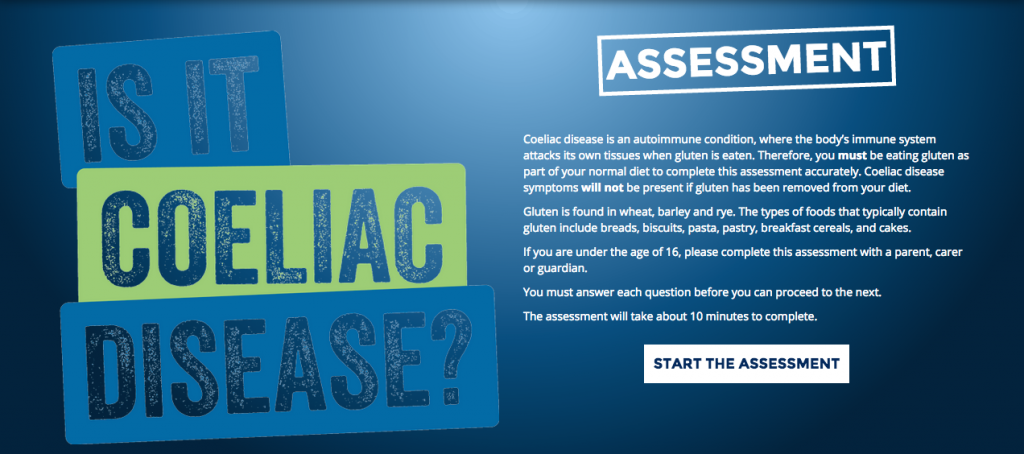For those with coeliac disease, eating gluten can have life-long damaging effects on the bowel, so it’s important to be aware of the symptoms in order to diagnose and treat the disease as early as possible. Here’s some of the most common symptoms people with coeliac disease experience…

The most common symptom is diarrhoea, which is caused by the body being unable to absorb nutrients properly. Other symptoms include:
- Bloating and stomach pain
- Flatulence and noisy stomach
- Weight loss
- Tiredness
- Tingling and numbness in hands and feet
- Vomiting
- Swelling of hands, feet, arms and legs
But these aren’t the only symptoms to look out for, as there’s also some more serious symptoms to be aware of too…
1. Dental problems

In a study published in BMS Gastroenterology, a link was discovered between gluten sensitivity and “aphthous stomatitis” – a condition often associated with recurrent mouth ulcers and canker sores. Furthermore, due to malabsorption, gluten sensitive individuals frequently have very low levels of calcium – a very important substance for healthy teeth.
Learn more about the toll coeliac disease has on your teeth here.
Find out more about good sources of dairy-free calcium here.
2. Brain Fog

One of the more surprising symptoms of gluten intolerance, brain fog, can also be subtle in nature. Brain fog can be one of the more enigmatic symptoms, simply due to the fact that a number of things can cause it. However, it is a commonly-cited symptom of people suffering from gluten intolerance or coeliac disease.
In an article titled Gluten sensitivity as a neurological illness, published in the Journal of Neurology, Neurosurgery and Psychiatry,researchers discovered abnormal reactivity to gluten in a class of antibodies known as immunoglobulin (IgG). It is believed that this reaction contributes to diminished cognitive performance.
You can read more about brain fog here.
3. Skin conditions

The malabsorption properties of gluten intolerance affects a number of different areas of the body, including our largest organ. Gluten has been linked to acne, psoriasis, eczema, and dermatitis herpetiformis (DH). Skin symptoms deriving from gluten intolerance often includes burning, redness, rashes, itchiness and even blistering. DH is a particularly damaging condition, defined by the Gluten Intolerance Group as: “a chronic disease of the skin marked by groups of watery, itchy blisters that may resemble pimples or blisters.
Learn how to eat your way to beautifully healthy skin.
4. Unexpected weight gain

The sudden, unexplainable adding of pounds is perplexing to many gluten-intolerant people. Generally, weight gain from gluten intolerance results from two things: (1) malabsorption and gut permeability – two side-effects of gluten intolerance, and (2) systemic inflammation, which is triggered by gluten. Gluten-intolerant individuals that eliminate gluten from their diet are often able to revert back to a healthy weight level.
How do you loose weight on a gluten-free diet? Our expert has the answers…
Find out how anti-inflammatory foods can help to preserve gut health and fight off chronic disease…
5. Abnormal immune function

IgA antibodies, when one is sensitive or intolerant to gluten, have a counteracting effect on the immune system. Found primarily in the gastrointestinal tract and saliva, IgA antibodies are the body’s primary defence against colds, flus and other illnesses. Obviously, when these same antibodies counteract our immune system, we’re much more likely to contract such illnesses.
Try these flu-fighting foods to help eat your way to health…
6. Migraines or headaches

Migraines are often excruciatingly-painful headaches that can even be debilitative. Strangely, migraines are far more common in gluten-intolerant people that in the general population. In one study of a gluten sensitive group: 56 percent had chronic headaches or migraines. By comparison, just 14 percent of the control group reported chronic headaches or migraines.
7. Joint and muscle aches

The inflammatory effects spurred on by gluten intolerance is the underlying reason for joint and muscle pain. According to WebMD: “Joint pain and inflammation are common symptoms of gluten sensitivity. And research does show links between the two diseases. The Arthritis Foundation has also published findings that link arthritis and joint pain with gluten sensitivity.
8. Fatigue or exhaustion

This sign is similar to brain fog in that the exact mechanisms are a mystery. Little scientific research has been conducted examining the purported correlation between fatigue/exhaustion and gluten intolerance. However, medical professionals believe that gluten intolerance parallels fatigue through inflammation and the de-allocation of the body’s energy reserves.
It is very important that if you believe you might be suffering from Coeliac Disease or a non-coeliac gluten sensitivity that you visit a doctor/ GP for advice. It is not recommended that you stop eating gluten before you have been to see a health professional for your symptoms, as for the test for Coeliac Disease to be accurate you must keep eating gluten like normal.
You can check out Coeliac UK’s Is It Coeliac Disease page to discover if your symptoms match with those of coeliac disease.

